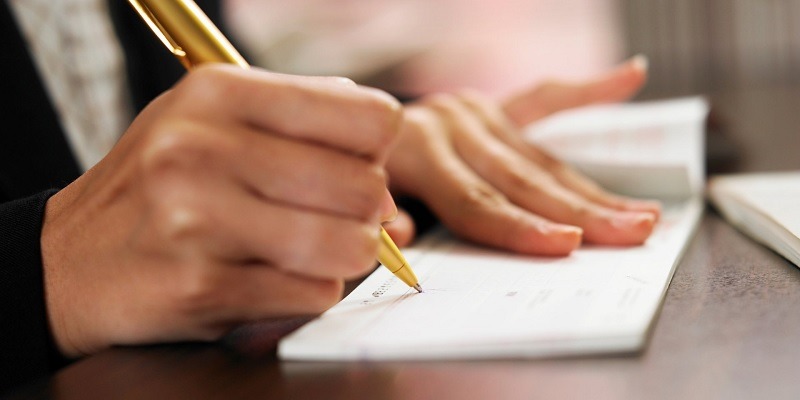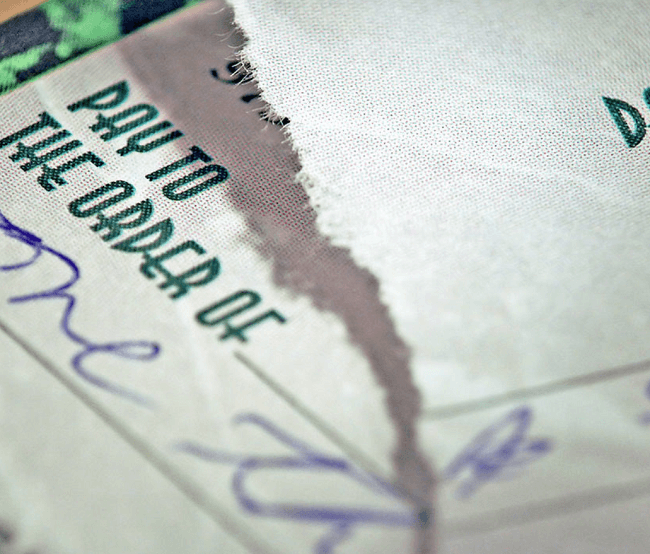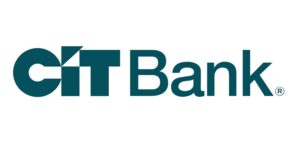 Currently, the use of paper checks have been at a decline. It’s becoming easier and more convenient to just swipe your debit or credit card, as well as safe. Online shopping is becoming increasingly popular and the concern for theft and fraud as well.
Currently, the use of paper checks have been at a decline. It’s becoming easier and more convenient to just swipe your debit or credit card, as well as safe. Online shopping is becoming increasingly popular and the concern for theft and fraud as well.
Many merchants only accept payments through credit or debit card as it’s faster and easier. Not only that you can now create automated payments for your bills and services.
It’s considered to be safer to use one of the cards, because you avoid the chances of your check bouncing or anyone stealing your check and trying to cash it in. Despite all this, there are certain reasons why you shouldn’t stop using your checkbooks.
Why You Still Need Paper Checks
There are situations where it would make more sense to pay with a paper check rather than you card such as:
- Extra Fees/Charges for Credit Payments: Some businesses or merchants may make you pay a fee for using a credit card for their services, because they only accept credit cards through a third-party. These parties may charge the business for the use of their credit card payment system which the business then charges you for using the payment method.
- You Can Pay During Outages: If you need to make a payment and there’s an outage, your automated payments or in-store card payments may be disabled. If your phone lines are down, payment with a paper check may be your only choice.
- Minimum Card Purchases: Banks and Credit Card processors charge businesses a fee when you pay with credit. Unless you reach a certain price, the business could lose money with small purchases made by the customers. This is why they may have a minimum price on purchases. However, checks don’t hve extra fees or charges making them a better method in these scenarios.
- They May Not Accept Credit: Even though it seems hard to believe, some businesses may not accept payment through credit or debit. They prefer the old fashion way of paying with paper, either cash or check. Some of these may include, but are not limited to insurance agents and companies, some government offices, tradespeople, organizations (such as churches, fraternal lodges, and community groups) that charge dues or accept donations, and landlords.
- You Can Trace Checks: Checks can be traced through the bank to find out when and where it was deposited and by whom. This of course only applies to when a check is depositing. If the check is cashed, you lose your ability to trace where the money went.
- Gift Giving: Gift recipients can deposit your check into their bank accounts and spend the cash however they like, unlike gift cards, which may be restricted to a merchant, can only be used at merchants that accept a particular credit card brand, or charge fees for maintenance or cash withdrawals at an ATM.
- They Are Less Expensive Than Money Orders: There are some banks out there that will charge you five dollars for a money order. Even if you try to get a postal money order, it can cost over a dollar each or more if you issue it in international currency. If you try to do a money order outside of your bank, issuers will still charge you fees.

How to Protect Yourself When Using a Check
- Guard Your Checks: Keep your checks in a safe place. If someone were to get a hand on your checks, they may be able to forge one and make a payment to themselves through your checks. Locked drawers, safes, or a well thought out hiding spot are good places that you can store them. Always keep the amount of checks you have written down so you can keep track of anyone who may have taken some.
- Record Your Check Use: Every time you use a check, record it somewhere and keep track of how much you’ve spent via checks and how many checks you have written. Be sure to also write the date of when you wrote it and when you gave it away. If you ever find a payment that you’re unsure of, you can go through your records to find out if you were the one who actually made the payment.
- Only Use When Necessary: Don’t make every payment with check. If possible pay with cash, card, or automated payments when possible. Even if whoever you’re paying is a regular, you never know when someone may steal your checks.
- Never Leave Your Check in a Mailbox: If you’re paying with a check through mail, never leave it overnight in your open mailbox. Deliver it straight to whomever you’re paying or deliver it directly to the post office where they will deliver it from there.
- Watch What You Write on Your Check: Always make sure you fill out your check properly. Make it clear that you also don’t want the check to be written as a cash check. Write down the name and account number of whomever your paying so that the bank knows that it should be deposited in that account. Also write down the correct name or the person, business, or organization.
- Protect Checking Account Information: Be careful about giving out checking account information. If you aren’t well acquainted with a business – particularly if it operates primarily online – be wary about making payments through electronic checking account debit.
- Check Your Transactions Daily: Always be sure to check your transactions so you know what money goes in and out. If you discover a payment that you haven’t made, you can take quick actions towards getting the problem resolved.
- Don’t Write The Check Unless You Have The Money: It’s ILLEGAL to write a check that you know will down/you know you don’t have the funds for. Even if the repercussions of writing a bouncing check may be small if not even there at all, you don’t know the actions of whomever you’re paying will make.
 |
 |
Bottom Line
Despite the convenience of plastic, paper checks have their roles and can be necessary for certain occasions. Protect yourself when using them by following some of the instructions listed above and always double if not triple check your written check before you make your payment.
If you’re interested in researching new banks, go through our posts about Best Bank Bonuses, Best Savings Account Rates, and Best Credit Card Bonuses.




One other benefit to using a check is if you have to move money from one bank to another. Some banks limit the $ amount you can transfer online and it’s safer than transporting and depositing large amounts of cash – which raises it’s own set of flags.